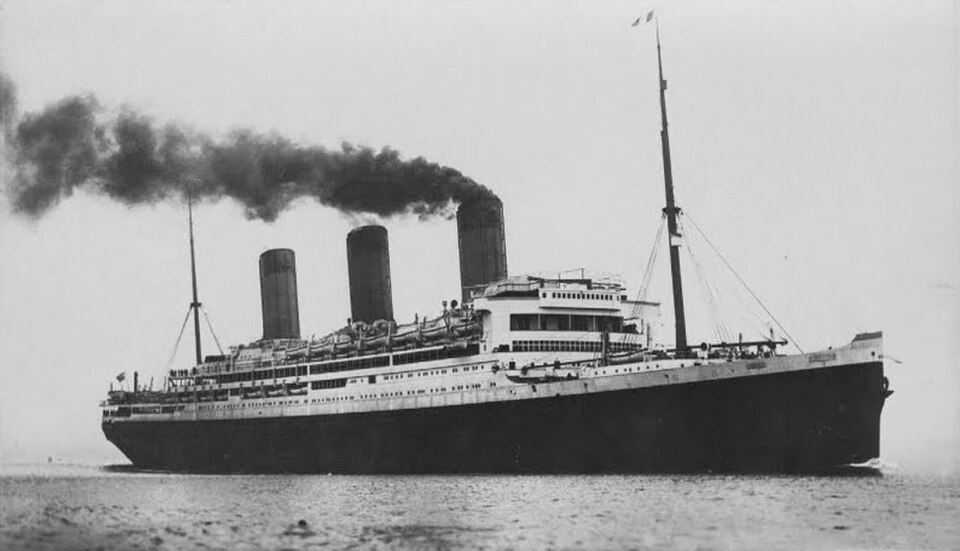September 23, 1862 – Dismissal of Commander Preble
The telegraph has given the news of the dismissal from the service of Commander Preble, of the blockading squadron off Mobile, for allowing a vessel carrying the English flag to run the blockade, when he had power to prevent it. The people will not complain of any necessary increase of stringency in the Navy Department. An application of equal stringency to some other Departments would not be ungrateful to the popular heart. With reference to this particular case, however, we feel confident, as do the numerous friends of Commander Preble in this city, that when all the facts shall come to be known, he will be restored to his command. Commander P. is a Portland boy, was raised in this city, educated in our Public High School, and is known to be as true a sailor, as honest a man, and as loyal a citizen as ever stepped on shipboard, or obeyed an order. He is a nephew of the late Commodore Preble, and, like his old weather beaten kinsman, has seen hard and honorable service. His friends, we repeat, cherish abiding confidence that there must be palliating circumstances, which, when known, will cause his name to be restored to the service.
Majestic Sails Despite Strikers
Three Other Steamers Get Crews and Leave

London, Sept. 2 (AP)—The situation in British home ports resulting from the official strike of seamen against a wage reduction was somewhat eased today by the sailing of the While Star liner Majestic from Southampton and the news that three steamers at Hull had finally obtained crews and would leave on time.
On the other hand there was little diminution in the seriousness of the situation in dominion ports as reflected in advices reaching London.
August 16, 1862 – An Ironclad Fleet for the Pacific Coast
Preserve The “Bear”

Now that the historic Bear is safe again and en route south, let’s revive that former suggestion for preserving the grand old ship for Seattle.
Some time ago the Chamber of Commerce started a movement to bring the ship here after her last voyage as a coast guard cutter, and turn her into a sort of monument-—an embodiment of the spirit of the Northland. That is a worthy idea; it should be carried thru. And what better place for the Bear than Seattle harbor, from which so many tall ships have sailed to the storied lands to the northward?
August 4, 1862 – Arrival of Prizes
New York, August 2—The French bark, Harriet Rolli, which was taken by our forces while running the blockade at New Orleans with a cargo of wines and brandies and arrived to-day under command of Capt. Conant, of the Mass. 4th regiment. She has 33 sick soldiers.
August 1, 1862 – Dispatch from the Gunboat Arkansas

The following is the dispatch in the Richmond Whig from the commander of the rebel gunboat Arkansas:
Vicksburg, July 15, 1862.
We engaged today, from six to eight a. m., with the enemy’s fleet above Vicksburg, consisting of four or more iron clad vessels and two heavy sloops-of-war, and four gunboats and seven or eight rams. We drove an iron-clad ashore, with colors down and disabled, blew up a ram, burned one vessel and damaged several others. Our smokestack was so shot to pieces that we lost steam, and could not use our vessel as a ram. We were otherwise cut up as we engaged at close quarters. Lost ten killed and fifteen wounded others with slight wounds.
July 29, 1862 – Potomac Gunboats
July 23, 1862 – New Mortars at Boston Navy Yard
July 12, 1862 – A New Man-of-War

The New York Times of the 10th says: To-day another new man-of-war will be added to our navy afloat. The new steam frigate Monongahela is to be launched at Philadelphia, and the veteran Commodore Stewart, who has presided at the ‘baptism’ of so many naval vessels, will be one of the chief officers. The Monongahela is one of the six frigates ordered by Congress. The dimensions according to which she was to be constructed were: length over all, 235 feet ; extreme breadth of beam, 33 feet 8 inches depth of hold, 17 feet 10 inches; measurement, 1,600 tons. She may vary a trifle from these figures.